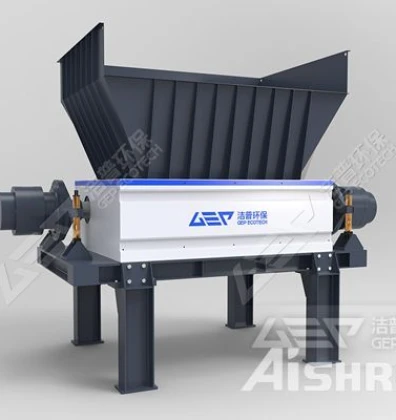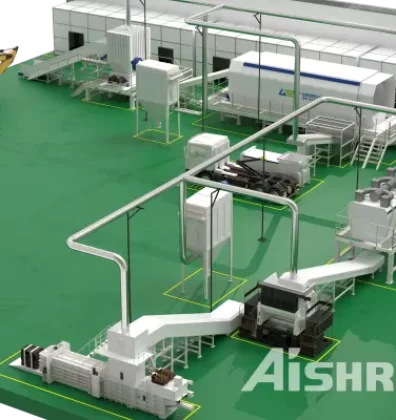The problem of waste is one of the most urgent on the world agenda, According to the World Bank, the world generates 2.01 billion tonnes of waste every year, with at least 33 percent of that—extremely conservatively—not managed in an environmentally safe manner.
Therefore, the most important task is to clear the waste and create a system that will allow separating waste, competently managing its flows, processing it and without harm to nature. Turning the so-called “tailings” into cement, which remain at the waste sorting complexes after the extraction of all useful recyclable materials, is one of the most environmentally friendly and effective solutions to this problem.
The use of alternative fuels from municipal solid waste (MSW) in cement production will help global achieve environmental goals.
Waste Disposal in the Production of Cement
Limestone, clay and thermal energy are needed to make cement. The cost of the latter is 30% of all production costs. The cement industry uses a variety of fossil fuels to roast the raw mix, including coal and natural gas.
A wide range of combustible waste can be used as an alternative fuel at cement plants: MSW residues (after sorting and extraction of all useful fractions), rubber, multi-component packaging, used tires and oils, chemical industry wastewater, sewage and oil products sludge, solvents, paints , contaminated soils, biomass, grease and anything else that cannot be recycled in any other way.
Cement plants around the world are an integral part of the end-use recycling system. The technology has been tested in many countries and is being improved all the time. In the European Union, it is most widely used in Austria, the Czech Republic and Germany. It is actively used in Bulgaria, France, Romania and Poland. The average percentage of replacing natural fuels with alternative fuels in the EU is over 40%. There are plants in Europe that are 95% powered by waste fuel.
Inside the cement kiln, a unique two-in-one process takes place: the release of thermal energy and waste disposal, when the mineral fraction becomes part of the clinker under high-temperature conditions.
The operating conditions of such furnaces ensure the complete and safe destruction of organic compounds. This is primarily due to the oxidizing atmosphere and high temperature - in the combustion zone it reaches 2000 °C. Therefore, cement plants are a priority for the disposal of certain types of waste, such as used tires and oils.
The uniqueness of the technology for processing waste into cement lies in the complete absence of unsafe ash. Ash residue directly in the kiln reacts with raw materials and forms clinker, an intermediate product in the production of cement. At the same time, during disposal at waste incineration plants, about 20% of the ash residue is formed, which must then be disposed of at landfills.
In addition, waste disposal at cement plants reduces the negative impact on the environment, including the reduction of CO2 emissions. The presence of organic matter (used tyres, dried sewage sludge, etc.) makes the waste carbon neutral. Every 10% substitution can reduce CO2 emissions by 20 kg per tonne of cement.
Dioxins and furans are formed during the combustion of alternative fuels, most have been damaged by high temperature in very small quantities, below the maximum permissible concentrations and even the limits of detection by instruments.
Cement produced using alternative fuels is no different from those made using gas or coal, which is confirmed by the experience of European countries. The quality of products fully complies with standards. Waste management in cement production is recognized as the best available technology in the world. Through the use of such fuels in the cement industry, industrialists can make a significant contribution to solving the problem of waste and reducing the number of landfills.



